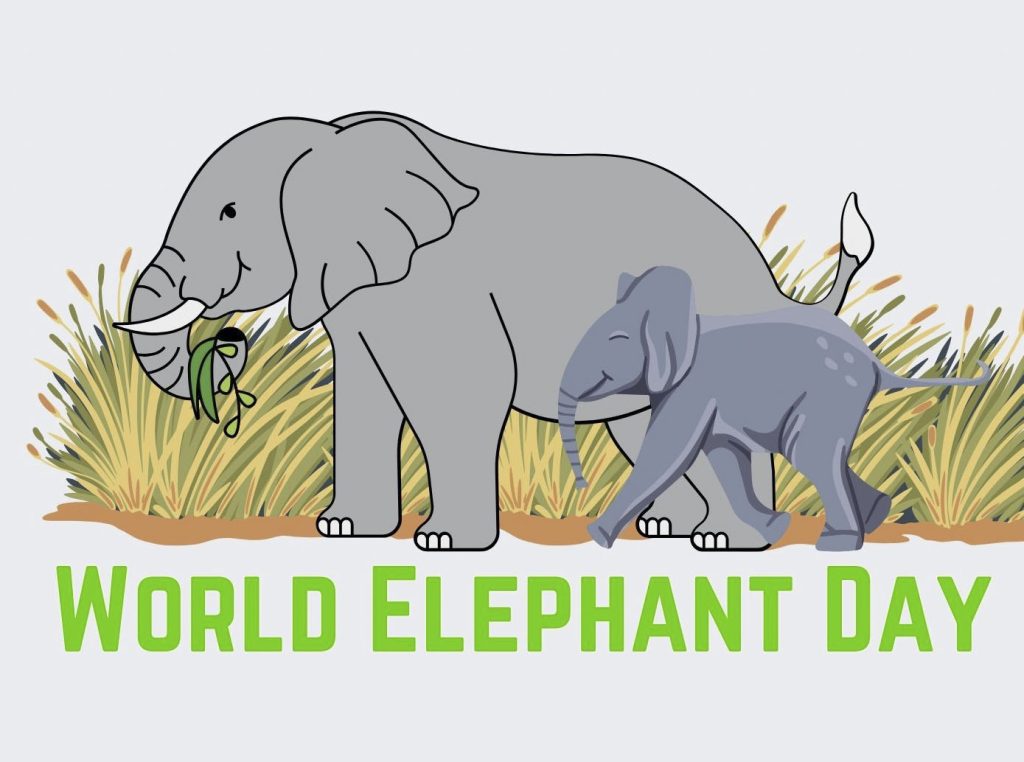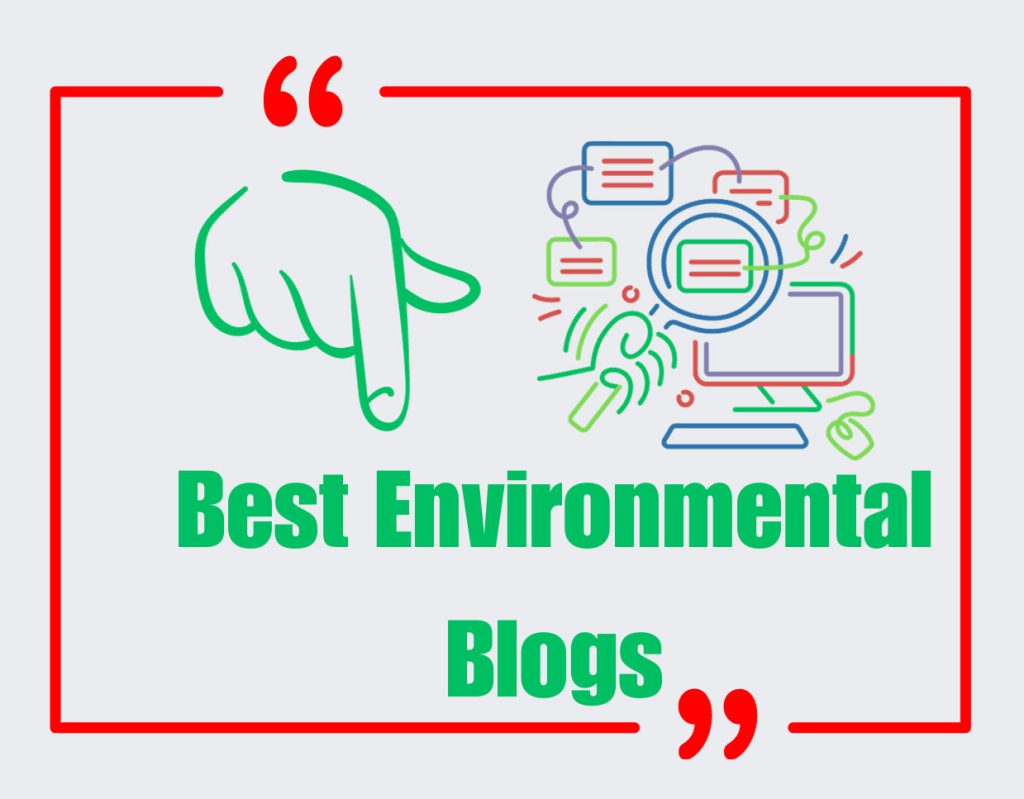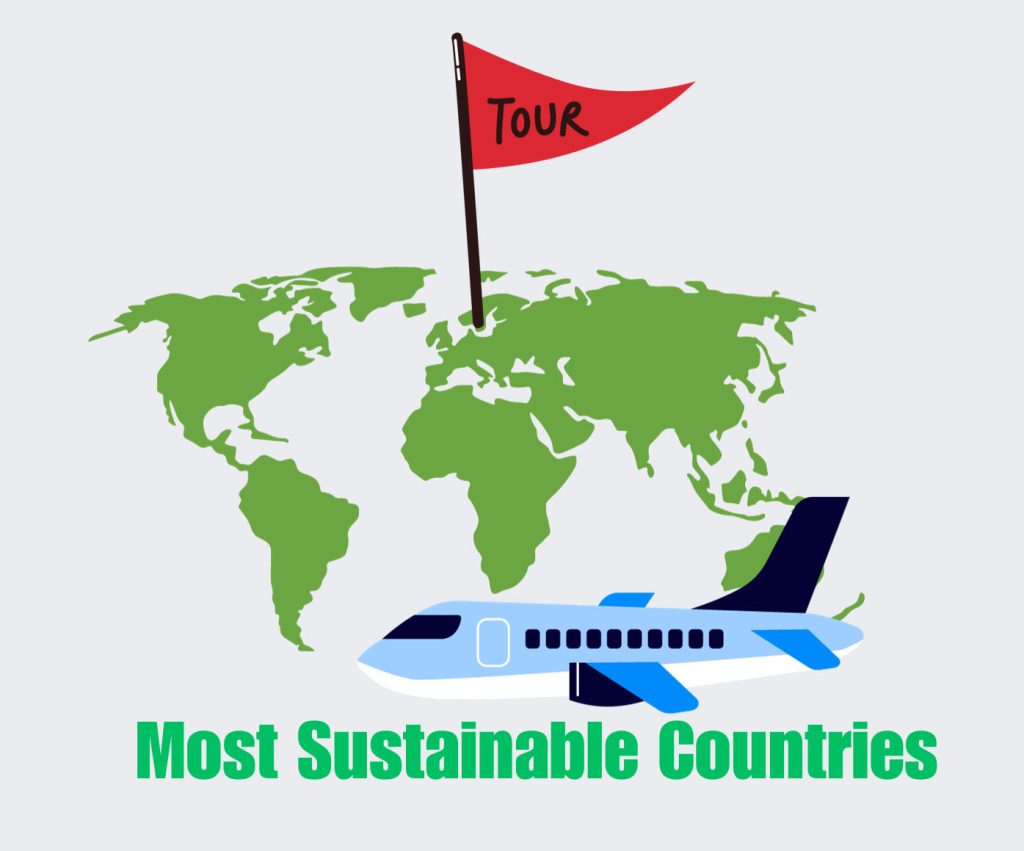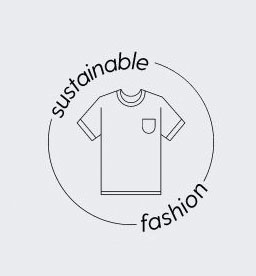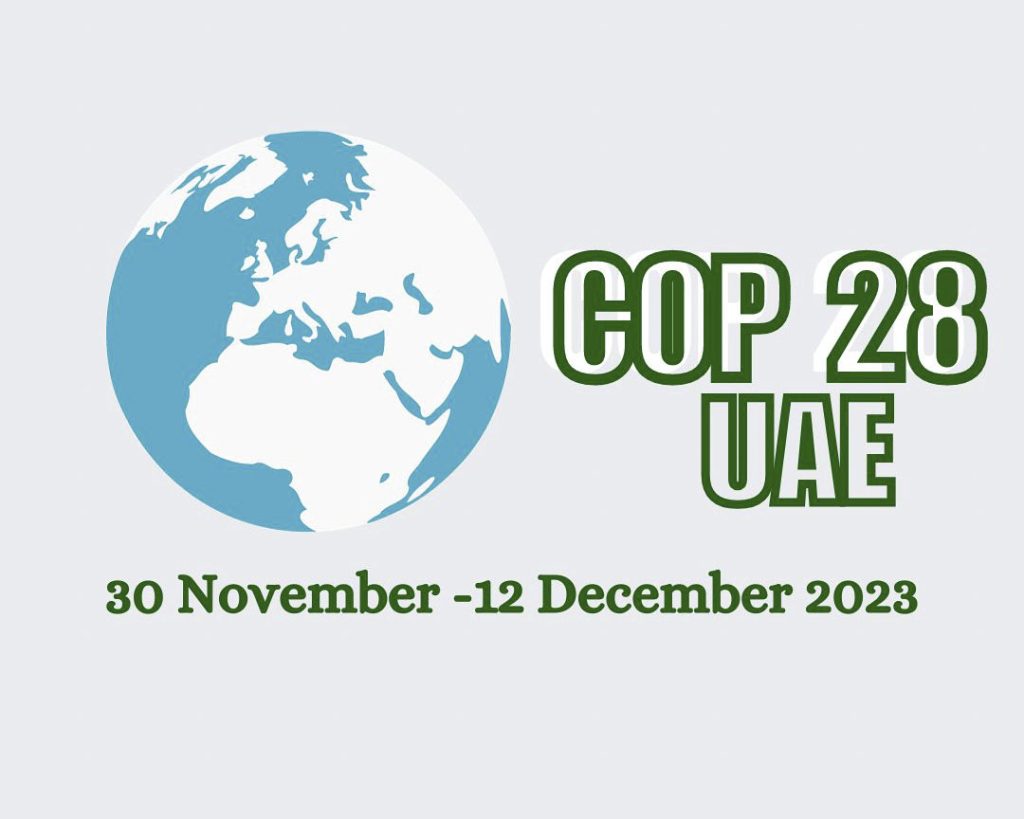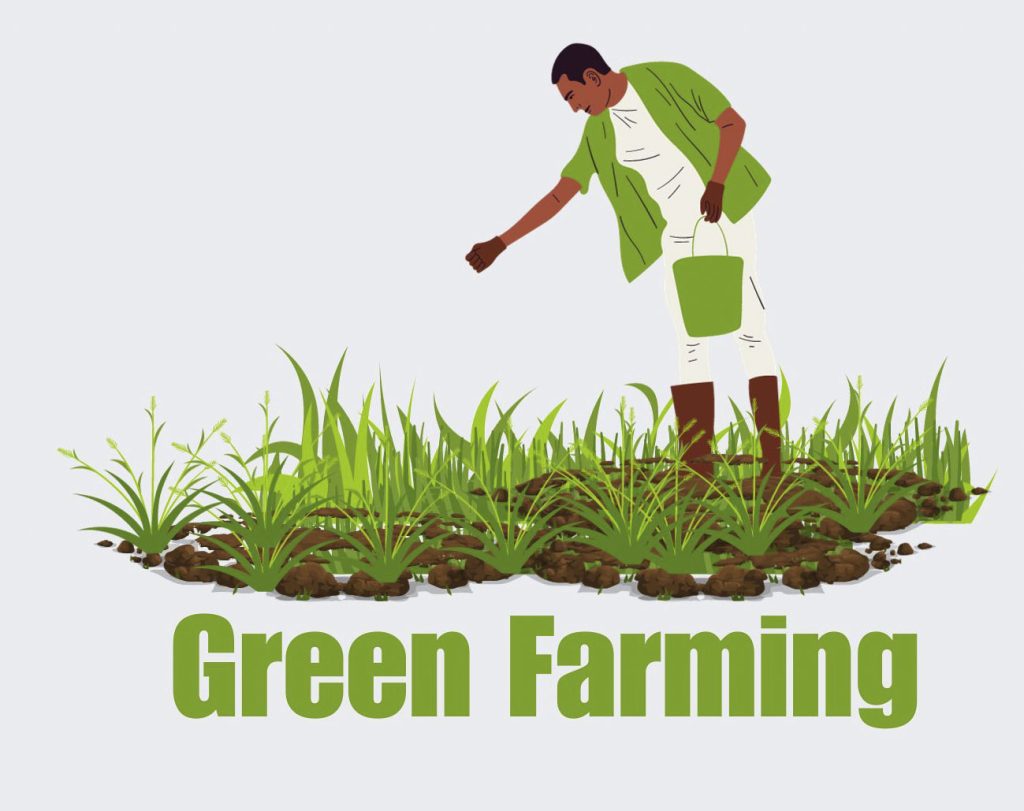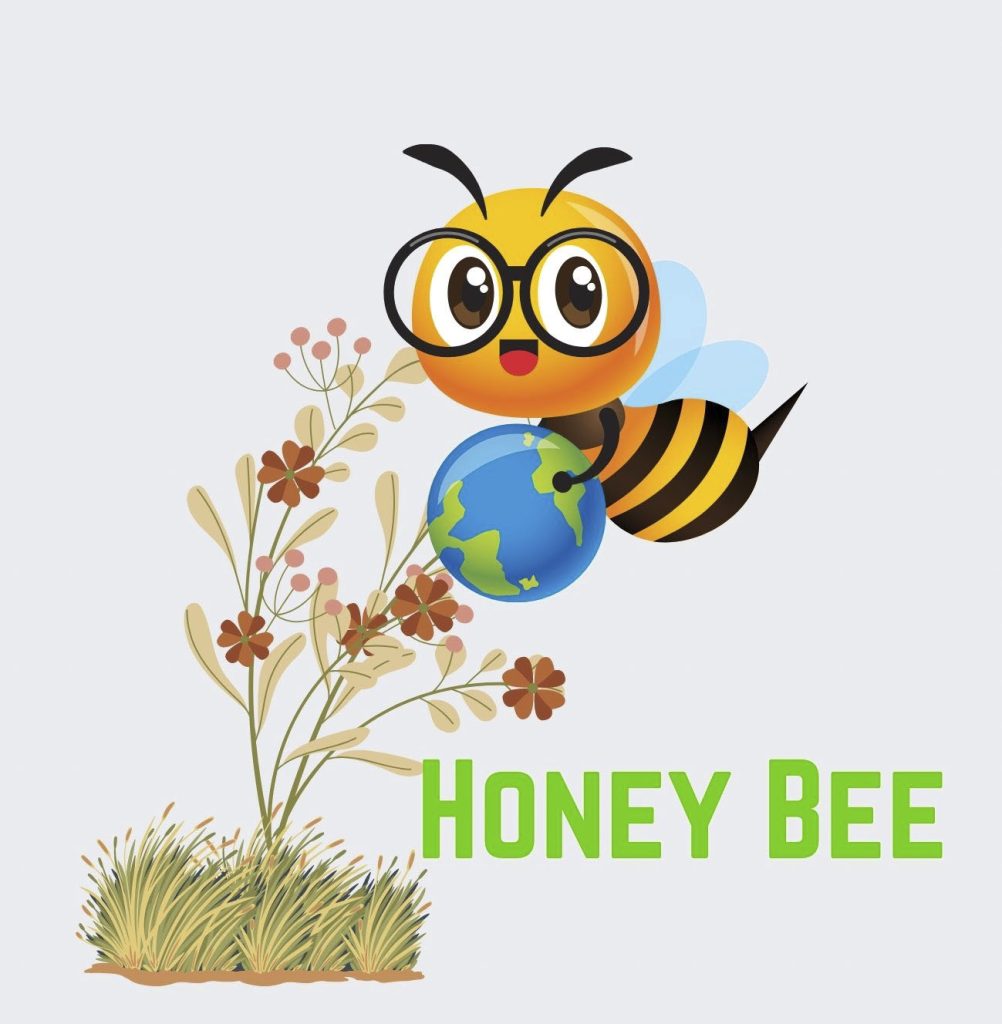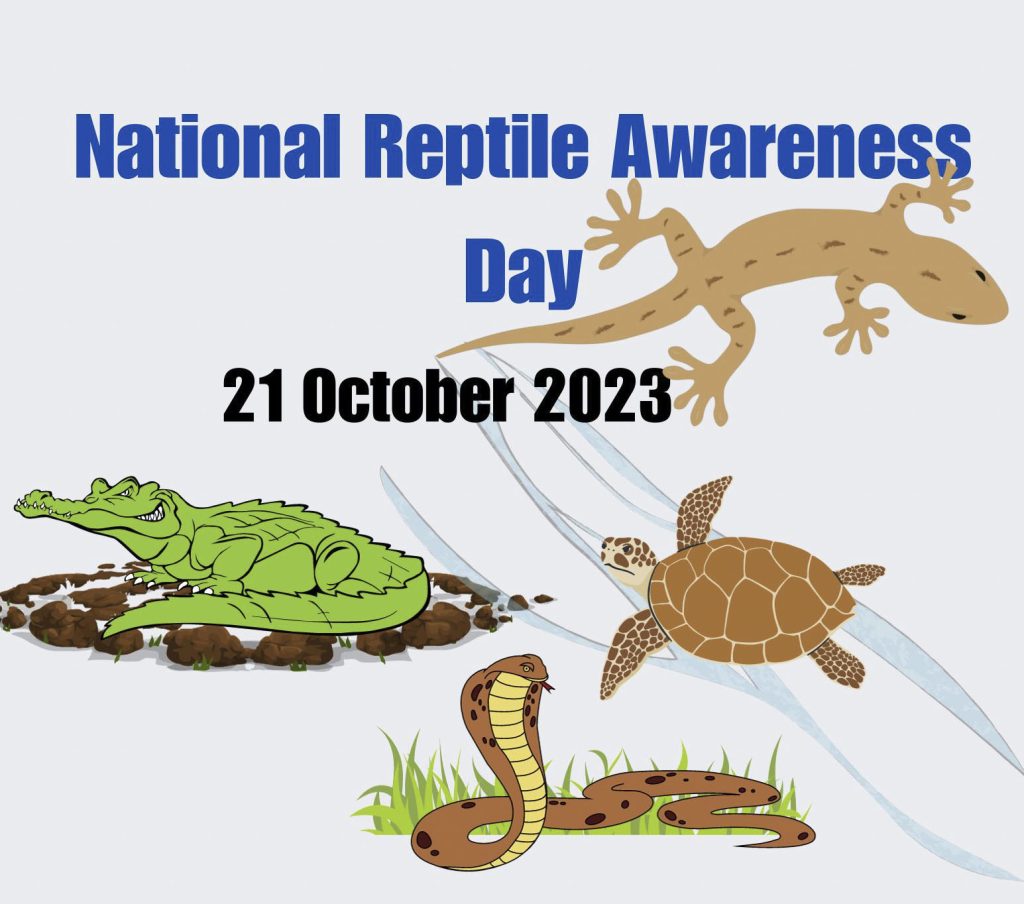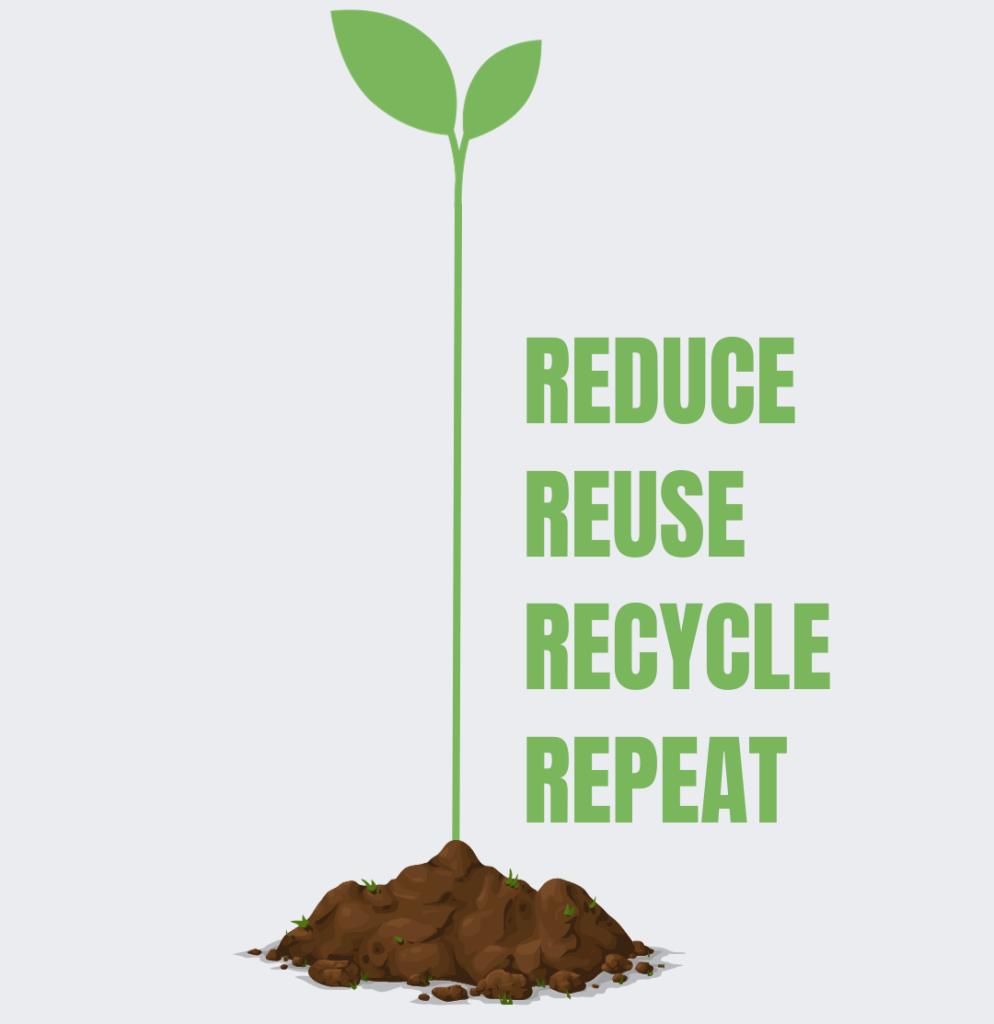
The field of science and technology known as “biotechnology” creates new items or finds solutions to a variety of issues in the actual world by utilizing living things or components of them as well as biological processes. The term “biotechnology” can be broken down into two parts: “bio,” which stands for life or living things, and “technology,” which describes the application of science to practical problems. It is a broad field that entails exploiting biological systems, live organisms, or their byproducts to create or develop products, methods, or technology for multiple uses across numerous industries. It makes use of biology, engineering, and technology to address real-world problems and enhance many facets of life. It can be used in a wide variety of industries, including agriculture, medical, business, and environmental protection.
The broad field of biotechnology entails the use of biological processes, creatures, or systems in the development or production of goods, technologies, and solutions that benefit people, industry, agriculture, and the environment. It incorporates concepts and methods from relevant fields including as biology, genetics, molecular biology, biochemistry, and microbiology.
Utilizing the strength of living things or biological molecules to solve problems and achieve specific objectives is the primary goal of biotechnology. It covers a broad range of uses, such as but not restricted to:
Medical biotechnology
Medical biotechnology, also referred to as biopharmaceuticals or medical biotech, is the use of biological processes, organisms, or their derivatives to develop drugs, devices, or therapies for the diagnosis, treatment, or prevention of human diseases. It involves applying biotechnology techniques to deal with medical problems and enhance human health. The field of medical biotechnology is one that is fast expanding and has had a significant impact on the healthcare industry.
Genetic engineering
A biotechnological procedure called genetic engineering, commonly referred to as genetic modification or genetic manipulation, directly alters an organism’s genes or genetic material. It enables scientists to change an organism’s genetic make-up, add desired genetic qualities, or delete undesired genetic traits to get the results they want. Changing an organism’s genetic composition to enable it to exhibit new characteristics or abilities that it otherwise would not be able to be the fundamental aim of genetic engineering.
Bioinformatics
To analyze and understand biological data, the interdisciplinary field of bioinformatics combines biology, computer science, mathematics, and statistics. To investigate and comprehend biological processes at the molecular and genomic levels, computational tools, algorithms, and databases must be developed and put to use. Modern biology depends heavily on bioinformatics, which is now a necessary part of biological research and many other businesses.
Synthetic Biology
To design, build, and alter biological systems, organisms, or biological components for particular applications, synthetic biologists combine ideas from biology, engineering, and computer science. Engineering ideas are applied to biology in this process to produce new, artificial biological systems with functionalities that do not naturally exist in nature.
Agricultural biotechnology
Agri-biotech, commonly referred to as agricultural biotechnology, is the application of biotechnological methods and instruments to enhance crop productivity, advance agriculture, and address problems with food security, sustainability, and environmental protection. It entails the use of genetic engineering and biological principles in the cultivation of crops.
Industrial biotechnology
White biotechnology, another name for industrial biotechnology, is the use of biotechnological principles and procedures in industrial processes and goods. It entails a more efficient and sustainable method of producing chemicals, materials, and energy by using biological systems, microbes, enzymes, or biomolecules. Industrial biotechnology seeks to supplement or replace conventional chemical and manufacturing processes with more cost- and environmentally-friendly options.
Environmental biotechnology
A branch of biotechnology known as “environmental biotechnology” is concerned with using biological mechanisms, microbes, or proteins to address environmental problems and enhance ecosystem health. It entails using biotechnological ideas and techniques to create eco-friendly, long-lasting solutions for resource management, pollution reduction, and environmental protection.
Food biotechnology
The use of biotechnological tools and techniques to enhance the production, processing, and safety of food products is referred to as food biotechnology, sometimes known as food and agricultural biotechnology or food bioengineering. Biological processes, microbes, enzymes, and genetic engineering are used to create new food products, improve the nutritional value of existing ones, and ensure food safety.
Healthcare, agriculture, energy, and the environment are just a few of the fields with which the field of biotechnology has a significant impact. It is essential to the advancement of science, the enhancement of human existence, and the solution of world problems. The potential uses of biotechnology are anticipated to increase as science, technology, and our understanding of biology advance. By enhancing food security, developing medical treatments, lowering environmental impact, and spurring technological innovation, it has the potential to have a positive impact on society. Although biotechnology has the ability to provide novel answers to challenging issues, it also creates ethical and security issues. As the area develops, it is crucial to guarantee that biotechnological advancements are used responsibly and ethically for the benefit of society and the environment.


